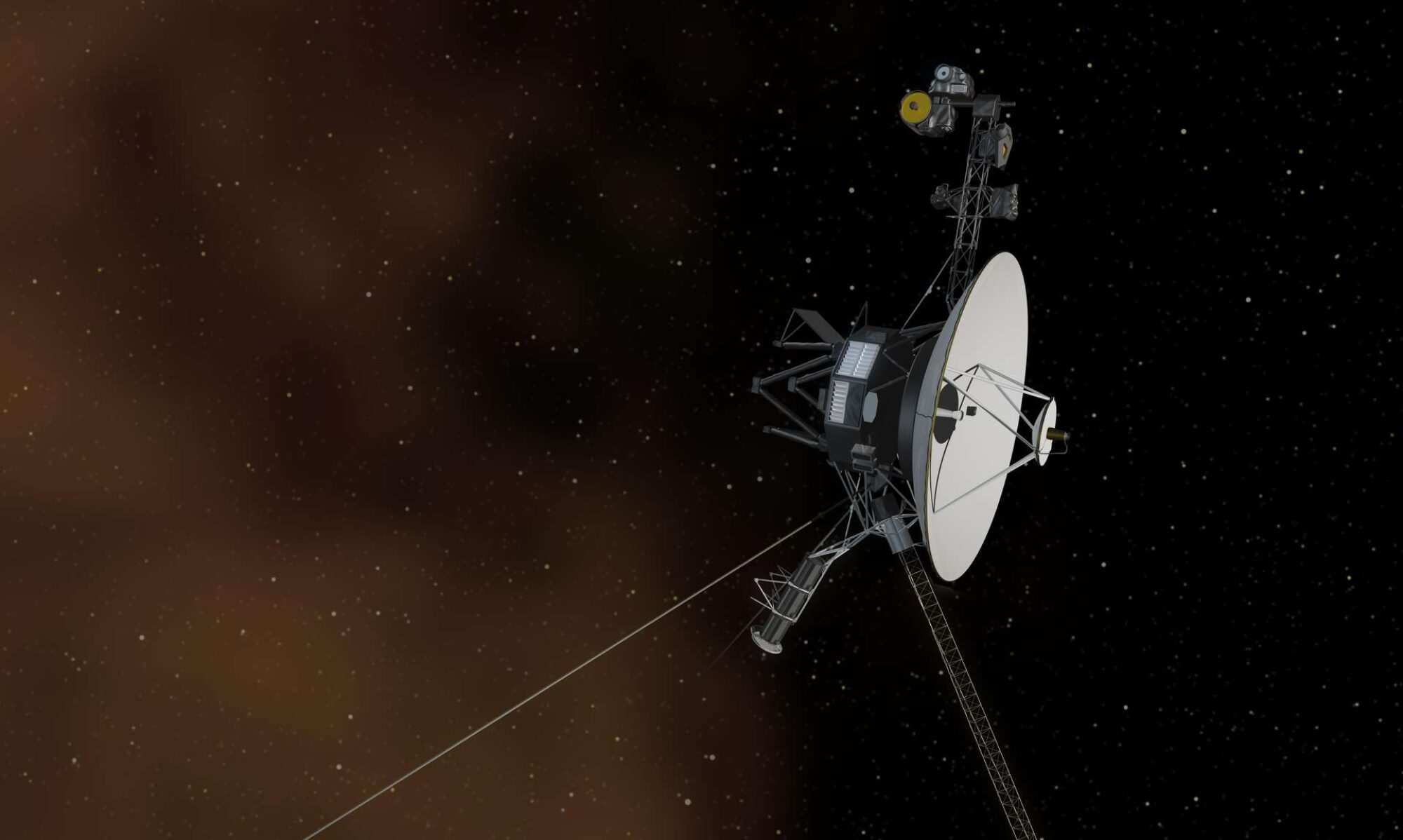The Master of Planetology and Space Exploration is a master level training (M1 and M2) which exists since 2004. This Master includes theoretical and practical teachings in the fields of Physics, Chemistry, Earth Sciences, Biology, Space Sciences, Computer Science and Signal Processing which concern the study of the bodies of the Solar System (planets, satellites, asteroids, comets, meteorites) as well as the exoplanets. This training is both inter-institutional (universities, research institutes) and multi-disciplinary (students from Physics, Earth Sciences, Chemistry, Biology). It is aimed at students wishing to acquire knowledge and solid tools to orient themselves towards research in Planetology, as well as those simply wishing to extend their general knowledge in this fascinating field.
Master 1st year
The teaching units of planetology proposed at the M1 level are limited in number for certain partners. These are opening units, taught in the different partner institutions, and intended to introduce some particular aspects of planetology in order to broaden the spectrum of knowledge, and also to facilitate later orientation (M2, PhD). Since 2015-2016, Université Paris Saclay offers a complete M1 “Planetology and Space Exploration”.
Master 2nd year
The teaching units at the M2 level can be a “full” course (in one of the proposed majors, i.e. “Internal planetary envelopes” or “External planetary envelopes”, with specializations in physics, chemistry or geology), or can be combined with modules from other courses, subject to the agreement of the teaching teams of the courses concerned as to the coherence of their choices. The choice of teaching units within the course is made in consultation with the course director and the entire teaching team. The M2 level in planetology can lead to a thesis in planetology, but also in the related fields of the environment or astrophysics.
Registration
The modalities to be filled in to register for the different teaching units proposed in the training or the registration. For more information on registration, you can contact the person in charge of the training within each partner or the coordinator of the Master.
Opportunities
Following our Master’s degree in Planetology and Space Exploration, most of the students pursue a doctoral thesis in France or abroad in academic or industrial research laboratories or in space agencies. Some of the students go on to careers in data calculation/analysis in various fields (geosciences, finance) and teaching and communication (scientific animation for the general public, secondary education).
Enjoy your visit!

